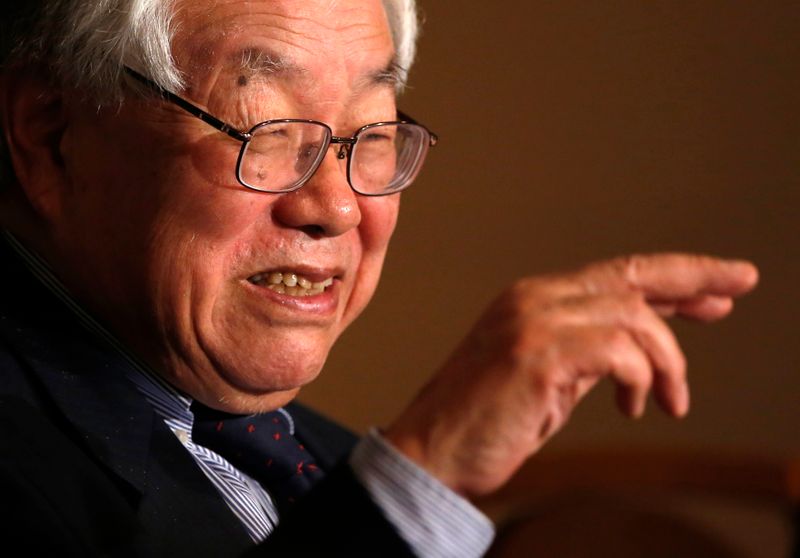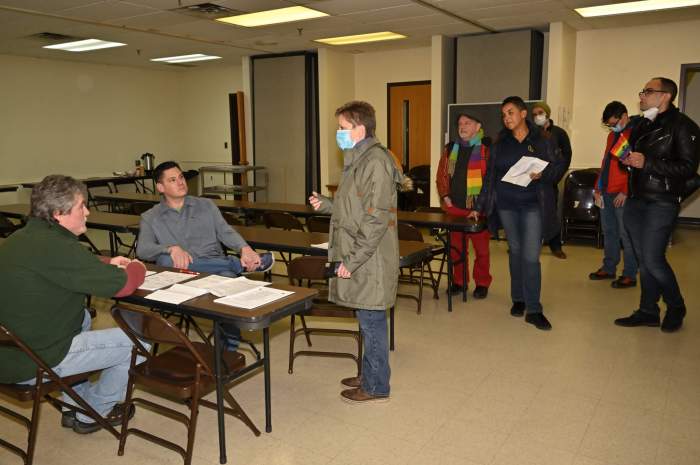TOKYO (Reuters) – A key economic adviser of Japanese Prime Minister Shinzo Abe defended the premier’s “Abenomics” stimulus policies, saying that bold monetary easing has helped address a damaging yen rise that hobbled an economic recovery.
“The basic success of Abenomics is from its first arrow, or its bold monetary policy, which saved the Japanese economy from decades of stagnation,” Koichi Hamada, professor emeritus of economics at Yale University, told Reuters.
“As for the third arrow of structural reforms, we can say that labour shortages helped streamline operations and boost efficiency,” he said.
“But we didn’t see enhanced progress in productivity partly because the Japanese society tends to be averse to radical changes,” he said in a written interview on Thursday, a day before Abe’s surprise decision to step down.
After sweeping to power in late 2012, Abe deployed his three arrows of “Abenomics” – large-scale monetary easing, fiscal spending and structural reforms – to reignite the world’s third biggest economy after years of subpar growth and falling prices.
Hamada was among those who played a key role in crafting “Abenomics”, providing the academic backbone of the programme.
With his resignation, Abe leaves behind a mixed legacy with some quick-hit successes overshadowed by his failure to make lasting changes to an economy hobbled by low productivity and an ageing population.
(Reporting by Kaori Kaneko and Leika Kihara; Editing by Simon Cameron-Moore)























